Managing your monthly travel spending can be tough. But, with smart plans and sticking to them, you can save a lot. Companies, on average, use about $950 yearly for each employee’s local trips. This shows why having a strong system to handle costs is key. Costs for work trips cover things like plane rides, trains, hotels, and any fun stuff related to the travel. But, remember, money spent on trips to your regular office or personal adventures is not the same.
To spend wisely on trips, it’s important to have a good plan and set clear rules on how to pay for them. Keeping track of travel expenses is crucial to keep control over your money and watch out for big spending. Knowing what type of spending counts as travel cost helps companies pick better choices for future trips. This also stops them from wasting money.
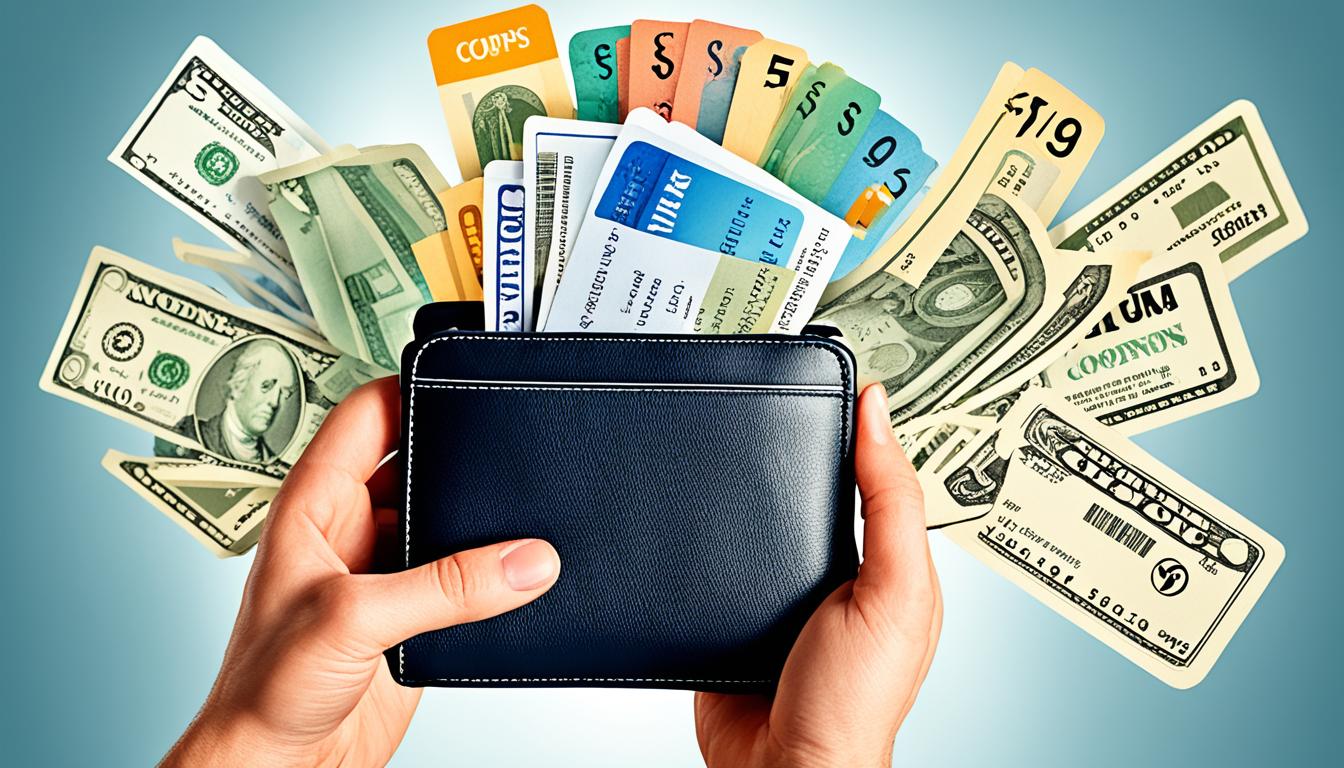
Keeping all business cost records in an orderly way is a must. Tools like Pleo and Expensify make it easy to submit your spending records. This helps with better money reports. Whether you travel for work or fun, these tips on budgeting can help. They will let you enjoy your trips more without overspending.
Create a Realistic Budget for Travel
Setting a realistic travel budget helps you spend wisely. A travel budget calculator shows you what you can spend every month. This helps you keep a realistic budget when you travel.
Calculate Your Monthly Travel Allowance
Start by figuring out how much you can spend each month. Look at your past travel costs. They often vary, which is why a flexible budget is key for everyone.
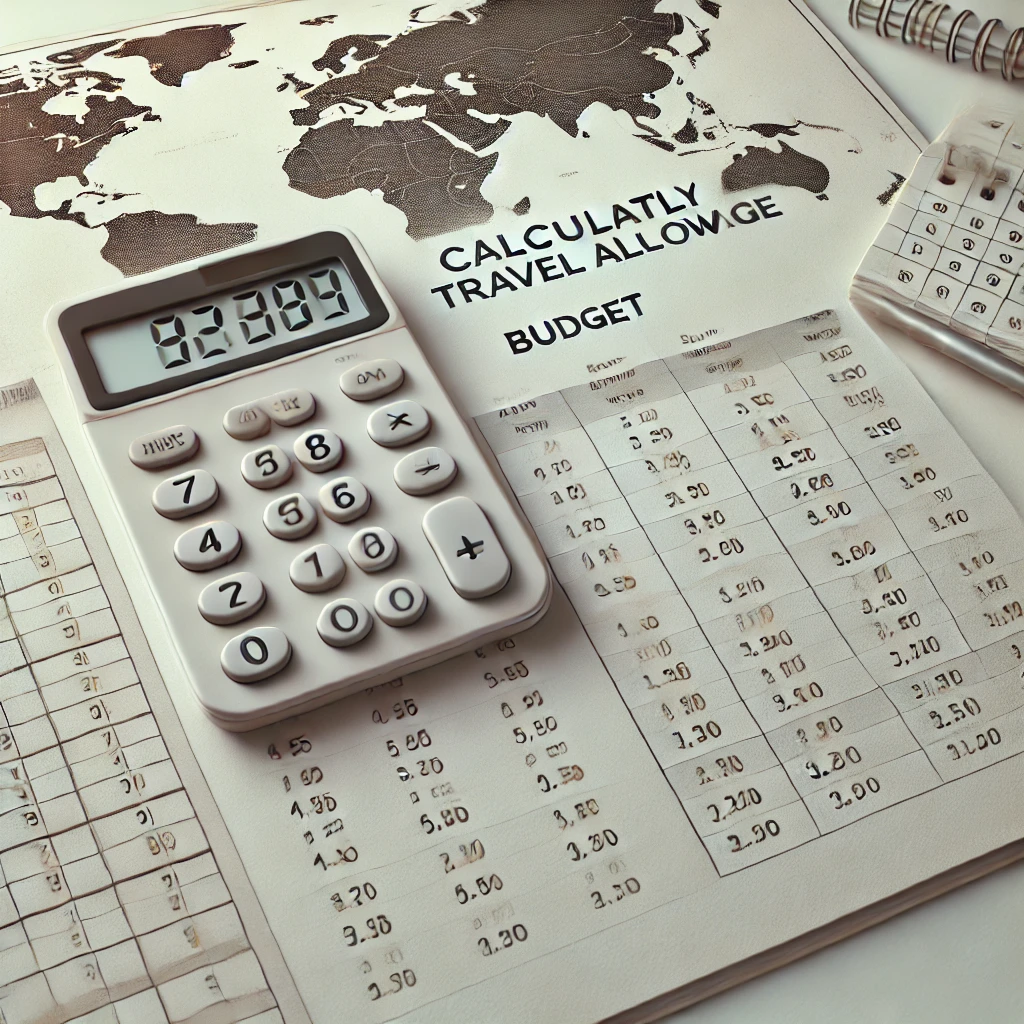
Break Down Costs into Categories
Now, split your costs into categories. This includes things like travel, where most of your money might go. Don’t forget about essential things like meals. These can get costly quick. Breaking costs down makes budgeting easier.
Adjust Your Budget as Needed
Remember, your budget isn’t set in stone. You’ll need to tweak it as you go. Booking in advance and using budget tools can save you money. Always keep some extra cash for surprises or fun extras.
A good budget changes with you. Using the right tools and staying flexible let you enjoy your trip worry-free. This way, you stay on top of your finances while traveling.
Track Your Travel Expenses Diligently
It’s key to watch your travel spending well to keep your money under control. This is important whether your trip is for work or fun. Having the right tools and tips can make managing your money while traveling easy.
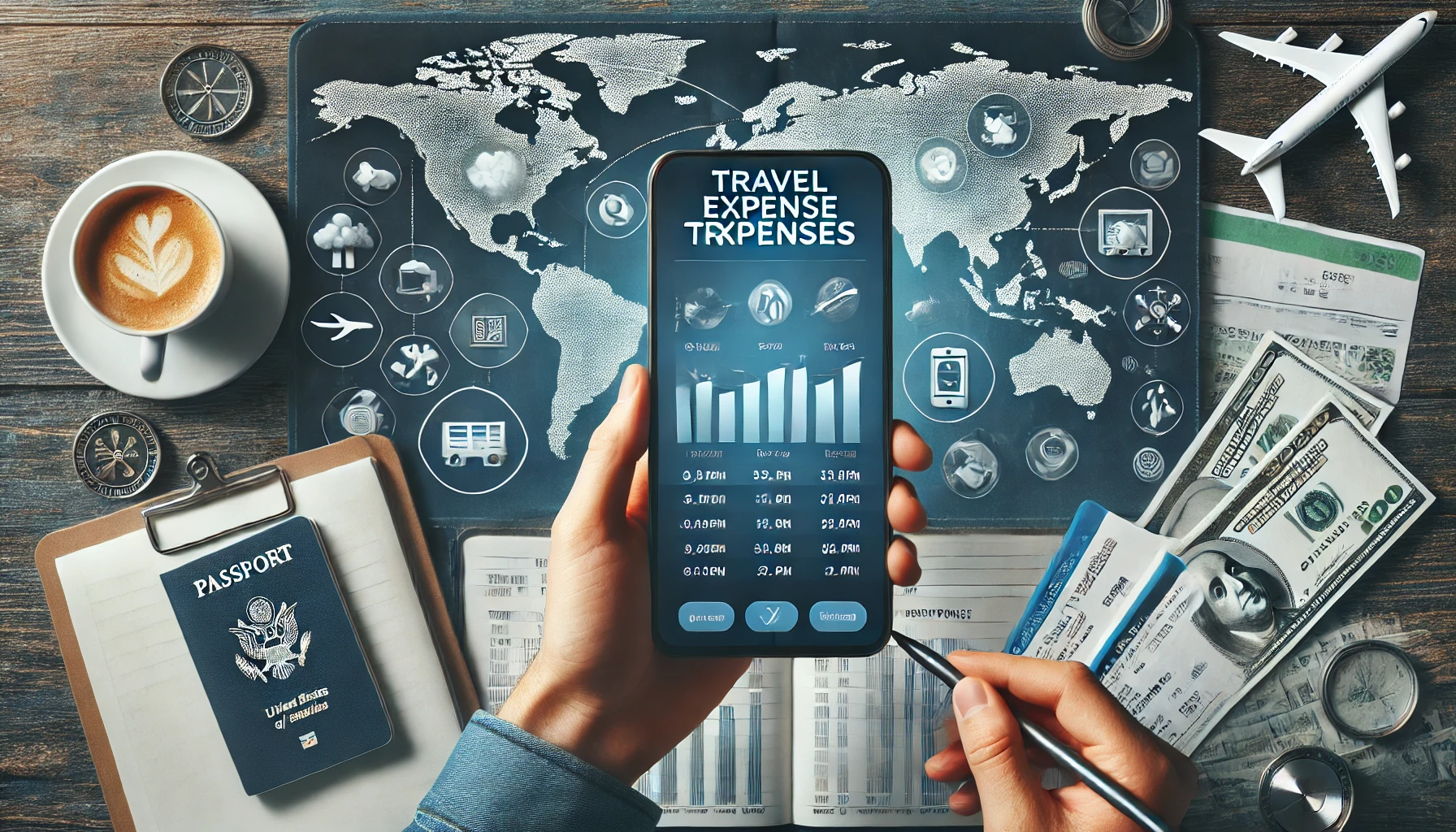
Use Expense Tracker Apps
Quicken Simplifi, You Need a Budget (YNAB), and similar apps are great for keeping track of what you spend. They help you sort out your spending and tackle important parts of keeping track. These popular apps offer many features. They can meet all sorts of needs, from making a budget to saving your receipts. Using them helps ensure your spending fits your plan, which is good for managing your money well.
Keep All Receipts and Invoices
Cloud-based accounting software is a big help, too. It can take a lot of the work out of tracking expenses by hand. Keeping all your receipts and bills is a must for accurate reports, especially for getting money back or doing your taxes. By being careful about this, figuring out where your money goes and how to save gets a lot easier.
Regularly Update Your Expense Records
Updating your spending records often gives you a clear look at your finances right now. It helps you make smart choices. Matching these records with your budget helps you control how you spend your money. This supports the 50/30/20 budget plan well. By watching things you have to spend on, like home and car stuff, you can see your money habits. Then, you can change them to save more. Keeping an eye on your monthly spending helps you plan better and stay on top of your money.
Plan Your Trips in Advance
Planning ahead can cut down on how much you spend each month on trips. This makes everything go smoothly and keeps the costs down. You will get to save money and know where your money is going.
Book Flights and Accommodations Early
Booking ahead is a smart move. Waiting until about a month before for accommodations can lead to better prices. And booking flights early on often means you pay less and have more choices.
When booking flights early, you might find good deals on car rentals through some airlines. This makes planning your whole trip simpler.
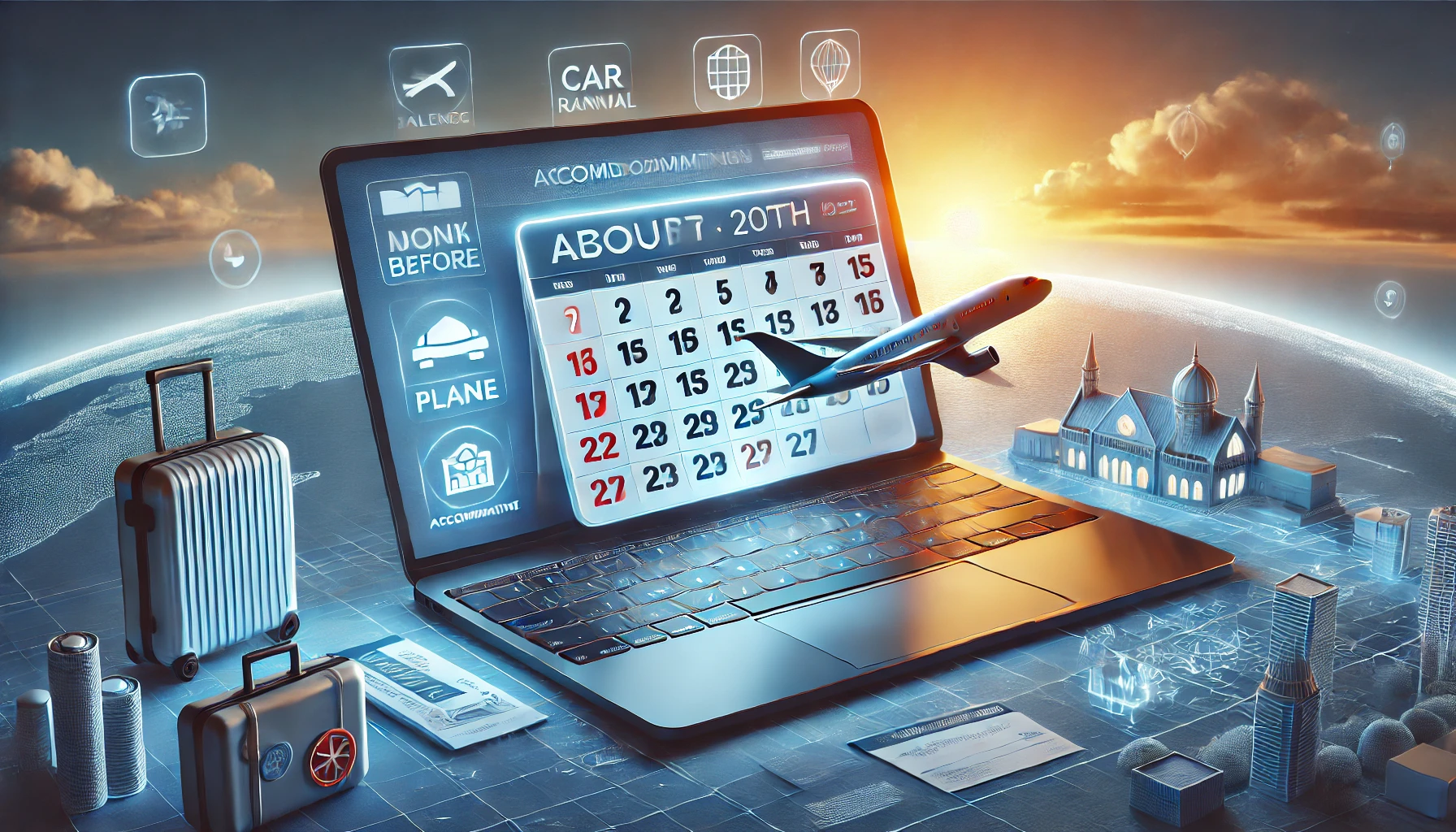
Look for Discounts and Deals
Finding discount deals can save a lot of cash. During peak times, choosing business hotels through specialized services can be cheaper and less crowded.
It’s also wise to look for deals on transportation like buses or trains. Car rentals are more expensive now after the pandemic.
Create a Detailed Itinerary
A complete travel plan is vital for a good trip strategy. It helps you avoid spending extra money at the last minute. With a plan, you stick to your budget better, too.
For each part of your trip, list costs for travel, where you’ll stay, what you’ll do, and what you’ll eat. This helps you make choices that save you money for your next trip.

Make Use of Company Credit Cards
Company credit cards make dealing with business travel costs easier. They help keep track of spending. The right card can offer great perks for workers and their bosses.
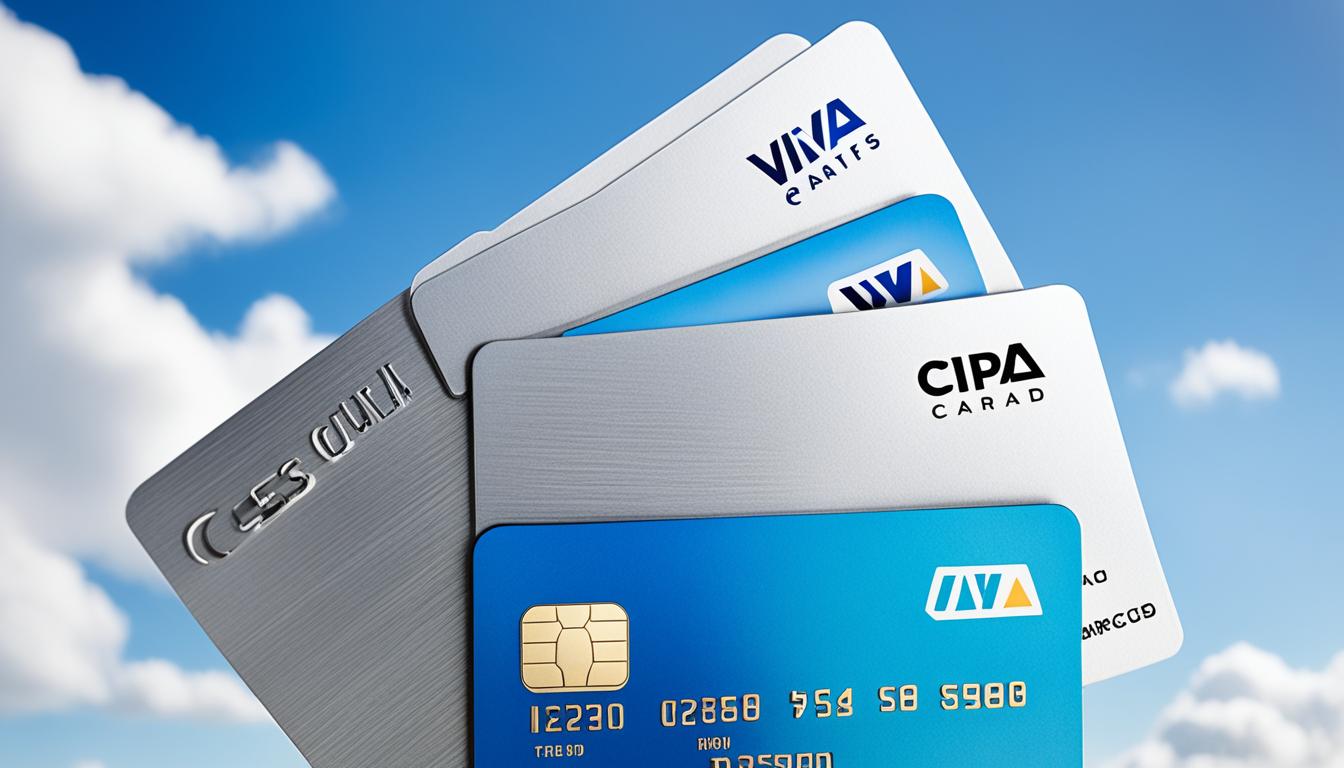
Research the Best Options
Start by looking for the best company credit cards for your needs. Choose cards like those from Pleo with tools for better spending control. They make it easier to set limits and keep track of expenses.
Compare the features of different cards to find the best fit. Think about what your company spends on, like travel or client meals.
Set Spending Limits and Monitor Usage
It’s important to set clear limits on how much can be spent with these cards. This keeps budgets in check. Employees should know these limits and submit their spending reports on time.
Keep an eye on how the cards are used. This helps catch any unusual activity early. It can stop fraud. Always ask for approval on big buys to avoid trouble.
Separate personal costs from work-related ones, unless it’s an emergency. If you spot any fake charges, act fast and tell your boss if your card is lost or stolen. This keeps your card use solid and safe.
Limit Non-Essential Spending
Cutting back on non-essential costs is a direct way to manage monthly travel budgets. Focus on what you need, not what you want. This helps keep travel costs in check. Essential needs are things like where you stay, how you get around, and keeping the lights on. This basic approach keeps your travel budget simple. Wants, on the other hand, are extra. They include fun things and special items, like tickets to a show or really fast internet.
Smart spending helps a lot when you’re traveling. The 50/30/20 rule suggests how to divide your money. You put 50% on must-haves, 30% on fun stuff, and 20% in savings. This plan helps balance your needs and wants with saving for the future. It’s a smart way to keep your money under control.
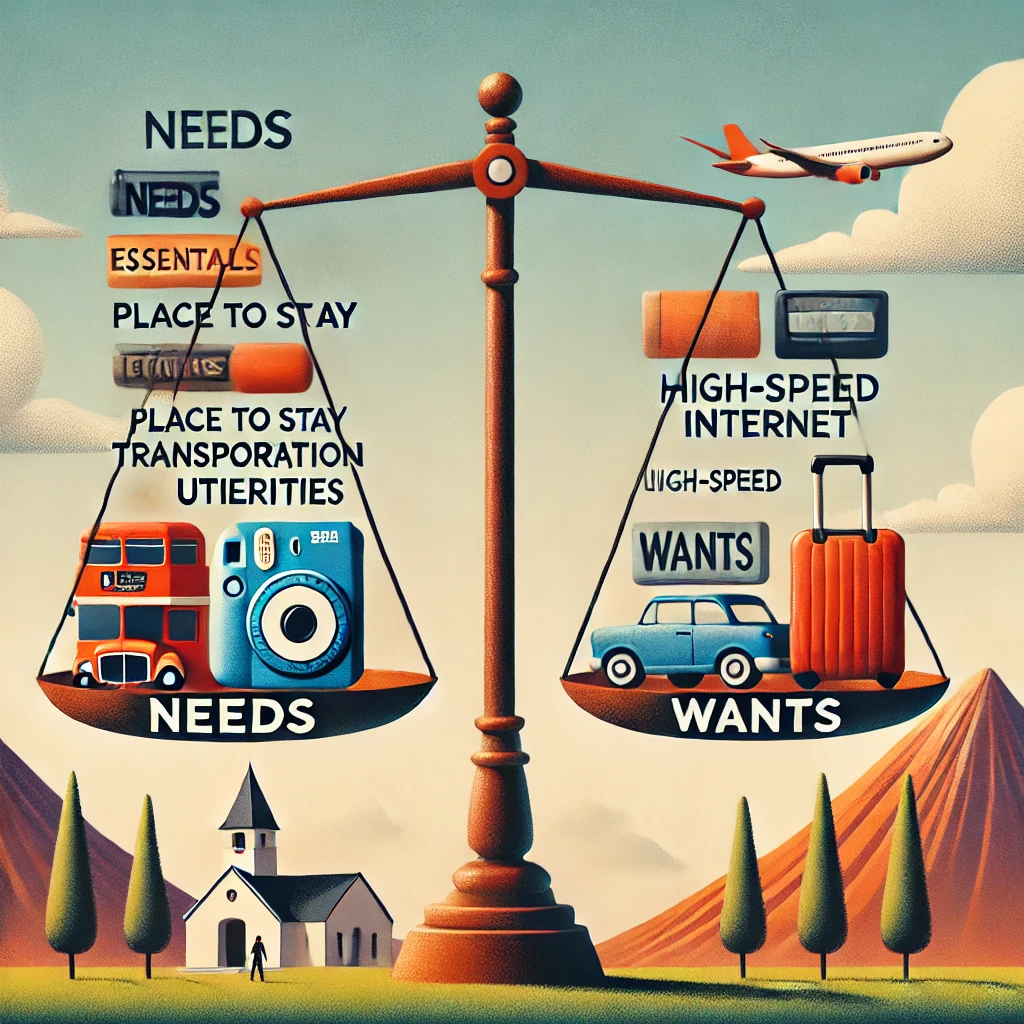
In the United States, personal savings are quite low, at about 3.7%. So, it’s more important than ever to watch how you spend. Check your extra expenses often. This way, you can make sure your money is working hard for you when you travel.
Taking a minimalistic approach to travel helps trim costs even more. Set up automatic payments for your bills and savings. This keeps you on track with the 50/30/20 rule and your financial targets.
Looking at someone like Alexis Howard is really motivating. She decided to spend only $50 a month on non-essentials. This was a big change from the $400 to $500 she used to spend. She saved over $20,000 from her $60,000 salary. Her story shows how using your money wisely really pays off.
Use a Clear Expense Submission Process
Setting up a clear way for submitting expenses is key. It helps the company handle money well. By giving clear rules for keeping receipts, sending in expense reports, and getting money back, things run smoother.
Set Guidelines for Receipt Submission
Make it easy to understand how to hand in receipts. Tell everyone which copies, digital or paper, they can use. Also, set a time to submit these by. This way, employees know what to do. It makes keeping track of receipts easier and avoids problems.
Define Reimbursement Timelines
It’s important to say when people will get their money back. Waiting too long can upset employees and mess up the company’s money situation. Usually, asking for reports within 30 days is good practice. It keeps the books up to date and follows company rules. Using technology can make this process faster.

With special software, handling expenses becomes less of a headache. This saves time and helps the company stay on top of its finances. Good ways to send in reports make things clear and open about the company’s costs.
Optimize Daily Travel Logistics
Optimizing daily travel can save a lot of money and make the planning smoother. Try to find cheap ways to get around and places to stay with others. This will help you spend less.
Choose Cost-Effective Transportation
Getting around is often a big part of the cost when traveling. To save money, consider using buses or sharing rides with others. This is very important for companies that move goods because the prices for fuel and vehicles keep going up. By picking cheaper ways to travel, these companies can save a lot of money. Also, using software to manage logistics makes things run smoother and cuts down on mistakes.
Look for Shared Accommodation Options
Where you stay can also eat up a big part of the budget. Sharing a place with others, like a co-living space or a rental, is a smart way to spend less. It’s not just cheaper; it can also help people meet each other while on business trips. With more and more companies selling things online, the spots to store products are getting filled up fast. This makes it even more important to find ways to save money.
Improving these parts of travel can really boost how well a company manages their trips. It makes everything smoother and cuts down on costs.
Take Advantage of Rewards Programs
Save money and enjoy better travel by using reward programs and special credit cards. Some companies reward their workers with these benefits. Others save them to reduce future travel costs. It’s important to know how to best use these programs.
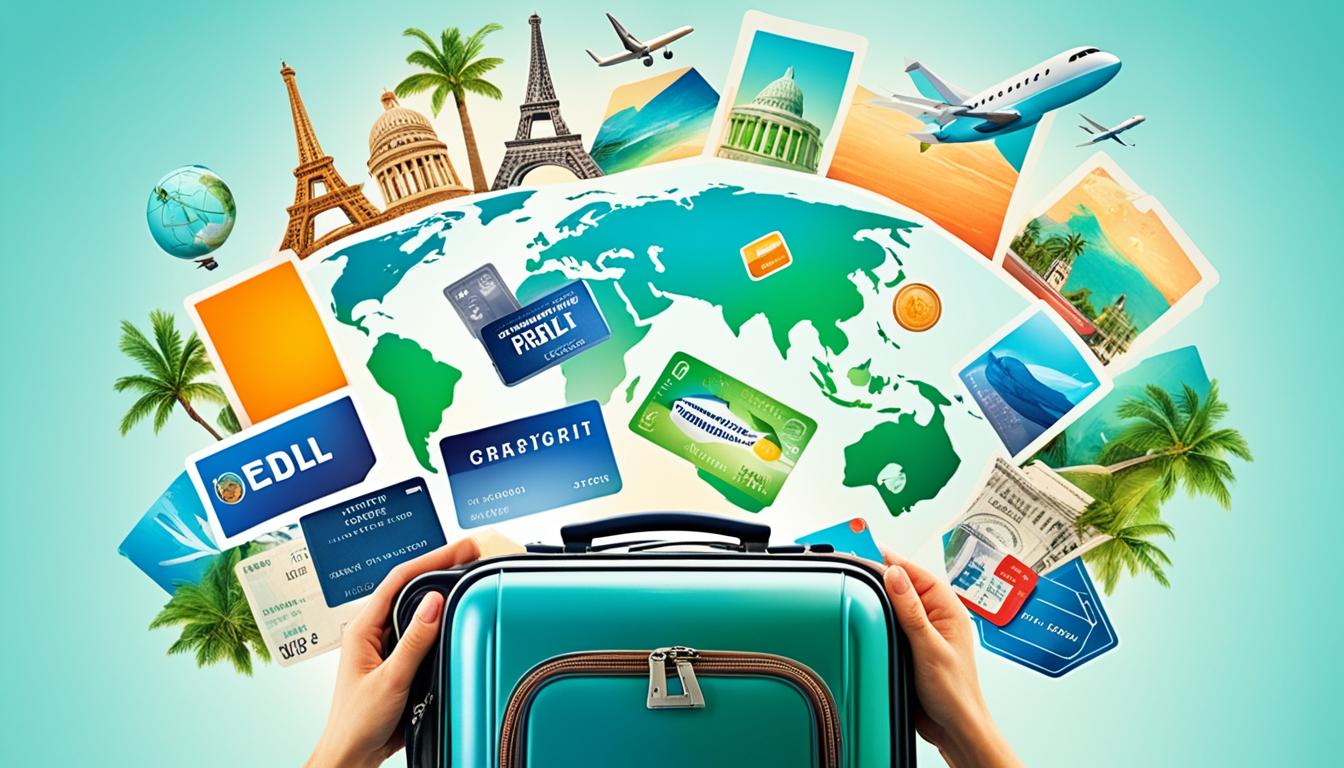
Sign Up for Travel Rewards Credit Cards
The Chase Sapphire Preferred® Card gives points for dining and travel. You can use these points for trips or turn them into miles or hotel points. Some firms get a special business card, others use personal cards and get paid back, or they book travel all in one place. Cards connected to big airlines or hotels get you nice bonuses, like free bags or skipping lines.
Join Frequent Flyer Programs
By joining airline and hotel frequent flyer programs, you get cool benefits. Having elite status means you board first, get a free breakfast, better rooms, and can bring more bags. Loyalty programs at car rentals, rideshares, airport parking, and restaurants make travel even nicer. Using these programs often saves you money and makes your trips more comfortable.
Other rewards cards or those linked to certain airlines and hotels also boost your travel rewards. Cashback cards offer money back or bonuses on things like eating out and trips. It’s crucial to keep an eye on your rewards, so you don’t. lose them.
Conclusion
Travel expense management needs careful planning and use of the right tools. It’s about setting smart budgets, using rewards, and planning trips well. This helps you keep costs under control.
Sustainable financial travel planning benefits from automation. It helps avoid mistakes and makes claiming expenses easier. Mobile apps simplify this process, reducing errors and fraudulent actions.
Keeping track of business travel expenses is vital. It helps you avoid overspending and makes audits smoother. Knowing that T\&E expenses are deductible shows why good record-keeping is crucial.
Using the right methods, both people and companies can handle travel costs well. This promotes saving money and enjoying travel more. Focus on effective expense tracking to meet your financial and travel goals.
FAQ
How can I create a realistic budget for travel?
Start by figuring out how much you can spend each month on travel. Then, divide your costs into parts like flights and food. Update your budget as you spend money and when things change.
What tools can help me track my travel expenses?
Use apps like Expensify and Spendesk to keep track of what you spend. Make sure to save all your receipts and update your spending info often to stay on top of it.
When is the best time to book flights and accommodations?
Booking early can save you money and get you good choices. Plus, keep looking for deals to catch great savings when they come up.
How can company credit cards help in managing travel expenses?
With cards like Pleo, managing expenses gets easier and follows the company’s rules. You can set spending limits and watch over the card use to stay on budget and prevent misuse.
What are some tips for limiting non-essential travel spending?
Start by knowing the difference between what you need and what’s nice to have. Stick to spending on things that help with your work or travel goals. This keeps your budget in line.
How should I submit travel expenses for reimbursement?
Make clear rules for how and when to turn in your receipts. Plan when people get their money back to help with the business’s money management. Using software for expenses can make everything smoother.
What are the benefits of optimizing daily travel logistics?
Choosing cheaper ways to get around and places to stay can save a lot of money. Public transit and sharing rooms are good ways to cut costs without losing out on comfort. This kind of planning can save you a lot.
How can I benefit from travel rewards programs?
Getting on board with travel credit cards and flyer programs earns you points and miles. You can use these for free flights and hotels. Plus, these programs often give you nice extras like getting on the plane first or bringing more bags.

More Posts
10 Simple Ways To Become More Productive at Work
With the hectic pace of modern life, finding time to get your work done can be challenging. But with a little effort and implementation of simple ways to become productive, you can increase...
8 Ways to Deal with Writing Procrastination
Many writers struggle with putting off their work. This problem hits even the most disciplined writers. It comes from things like wanting to be perfect, feeling guilty, and being anxious. There are many...
Why Are All The Top Companies Using OKR’s?
When we talk about OKR’s, the first thing that comes to our mind is whether all the top companies using [OKR’s ](https://weekplan.net/okr-software)or not and if they are using it, what is the key...
How to Be More Productive as a Student: 12 Key Tips
Being productive helps students succeed in school and life. Managing time and resources well boosts grades and happiness. Using good strategies like time management helps students juggle school and fun. Managing time well...